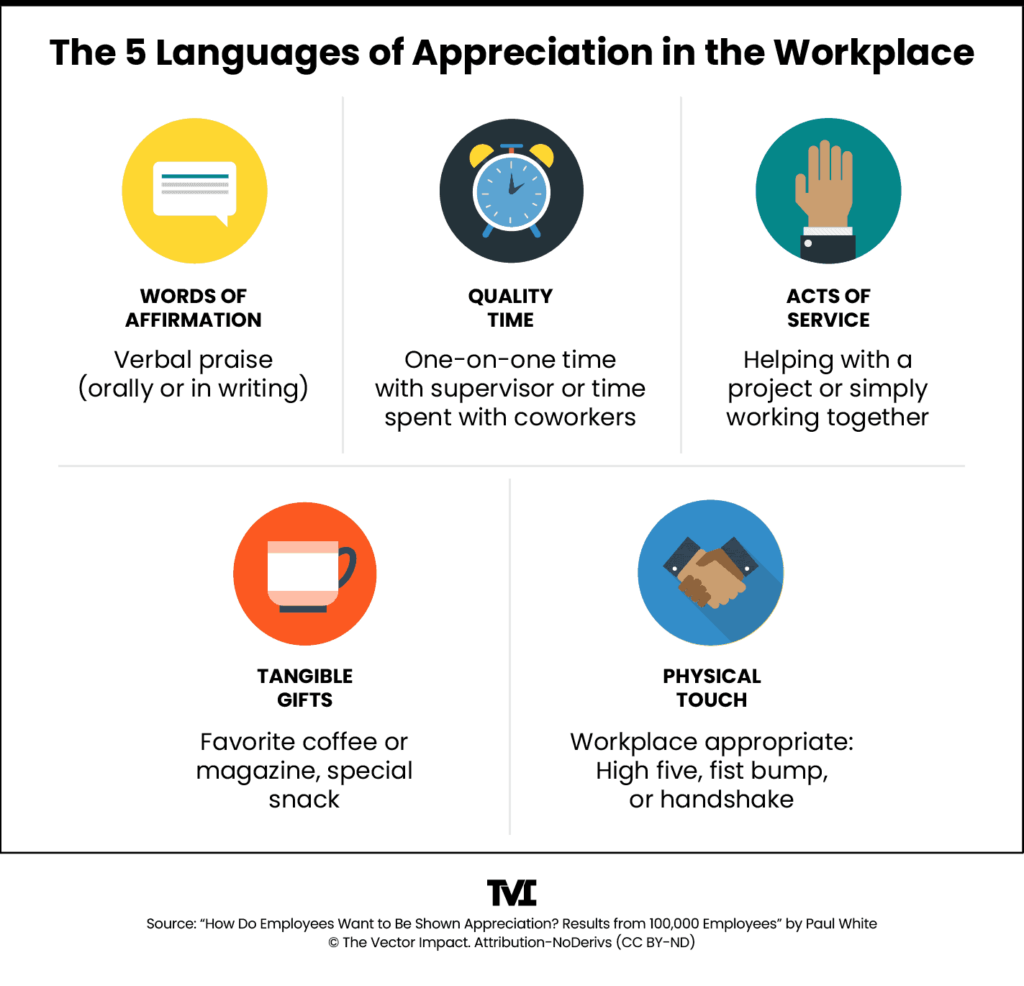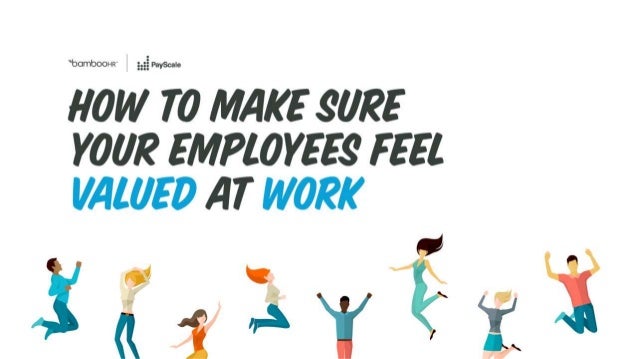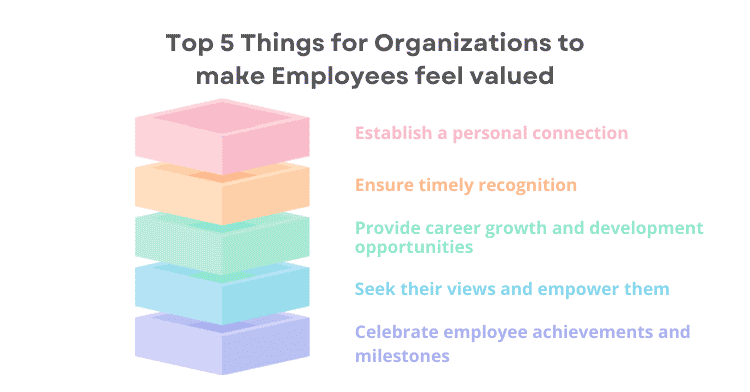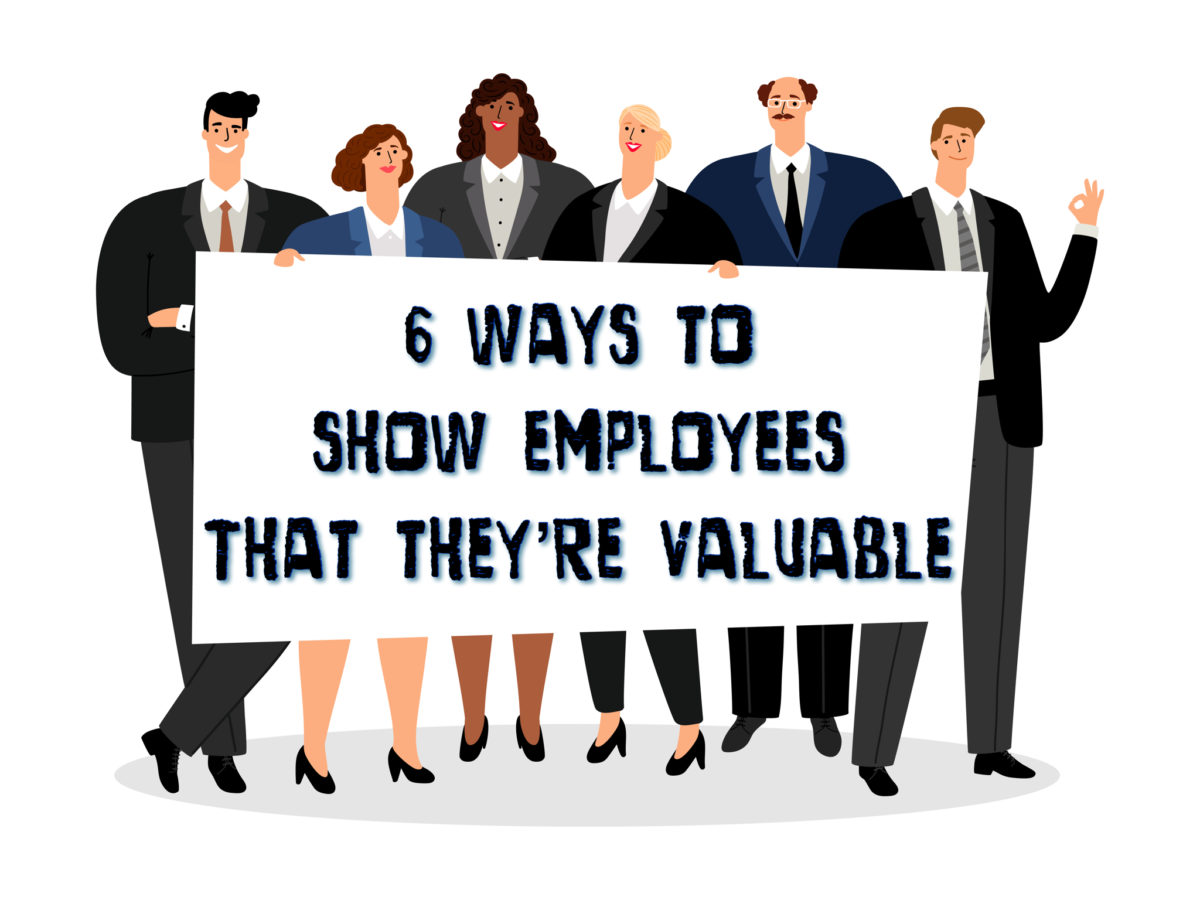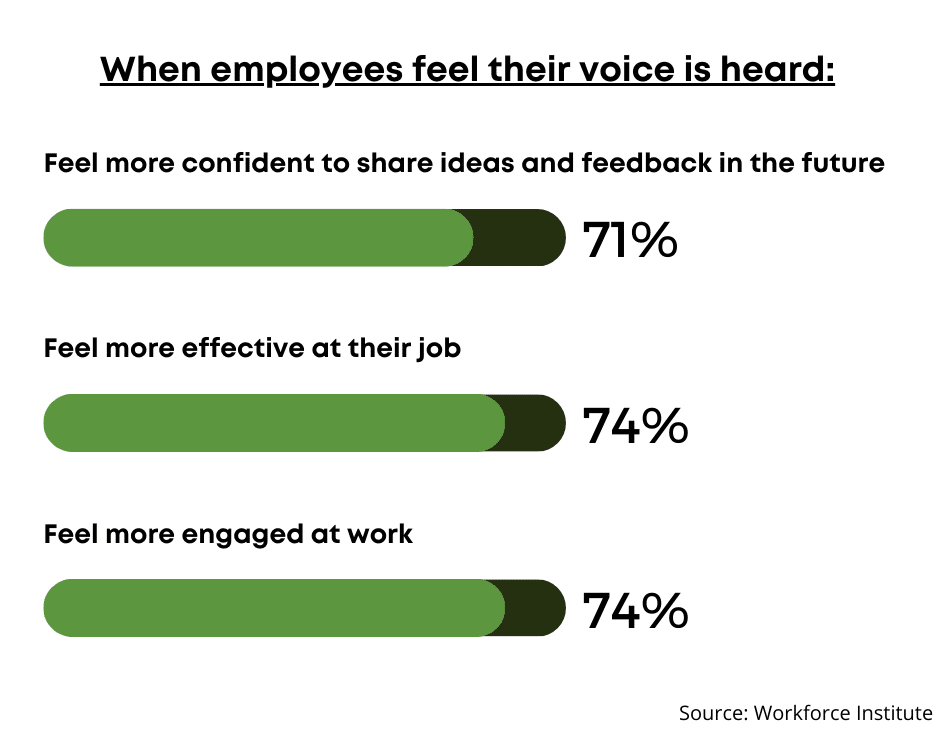How To Show Employees They Are Valued

In today's competitive job market, retaining talented employees is more crucial than ever. Companies are increasingly recognizing the importance of fostering a work environment where individuals feel valued and appreciated.
This article explores actionable strategies organizations can implement to demonstrate genuine appreciation, boost morale, and ultimately improve employee retention.
The Business Imperative of Showing Appreciation
Acknowledging employee contributions isn't just a feel-good measure; it's a strategic business decision. Research consistently shows a direct correlation between employee satisfaction and productivity.
Gallup, for example, reports that engaged employees are more likely to drive innovation, improve customer satisfaction, and contribute to profitability.
Conversely, a lack of recognition can lead to disengagement, increased absenteeism, and higher turnover rates, all of which negatively impact the bottom line.
Strategies for Demonstrating Value
Many approaches exist for showing employees they are valued, and the most effective strategies are often tailored to the specific needs and preferences of the workforce.
Monetary Rewards
While not the only factor, fair compensation remains a fundamental aspect of feeling valued. Regular salary reviews and bonuses based on performance are essential.
Beyond base pay, consider offering profit-sharing programs or performance-based incentives to align employee goals with company success.
Opportunities for Growth
Investing in employee development demonstrates a commitment to their future within the organization. This can include offering training programs, workshops, and mentorship opportunities.
Providing clear career paths and opportunities for advancement can also motivate employees to stay with the company long-term.
"Employees want to feel like they are growing and developing, and that their employer is invested in their future," says Dr. Sarah Miller, a leading HR consultant.
Recognition and Praise
Simple acts of appreciation can go a long way. Regularly acknowledging employee contributions, both publicly and privately, can significantly boost morale.
Consider implementing an employee recognition program that allows colleagues to nominate each other for outstanding work.
Publicly celebrating successes and milestones reinforces positive behavior and creates a culture of appreciation.
Work-Life Balance Initiatives
Offering flexible work arrangements, such as remote work options or flexible hours, can significantly improve employee well-being. This shows employees that the company values their personal lives and understands their needs.
Providing generous vacation time and sick leave allows employees to recharge and avoid burnout, leading to increased productivity and job satisfaction.
Creating a Positive Work Environment
Foster a culture of open communication and collaboration. Encourage feedback and create opportunities for employees to share their ideas and concerns.
Promote teamwork and camaraderie through social events and team-building activities. A positive and supportive work environment can make a significant difference in employee morale and retention.
John Smith, CEO of TechForward Solutions, emphasizes, "Creating a culture of appreciation starts from the top down. Leaders must model the behavior they want to see in their employees."
Measuring the Impact
Regularly assess the effectiveness of employee appreciation initiatives through surveys, feedback sessions, and performance reviews. Use the data to identify areas for improvement and refine your strategies.
Track key metrics such as employee retention rates, absenteeism, and employee satisfaction scores to measure the impact of your efforts.
By continuously monitoring and adapting your approach, you can ensure that your employee appreciation initiatives are truly making a difference.
The Long-Term Benefits
Showing employees they are valued is not simply a short-term fix; it's an investment in the long-term success of the organization.
By creating a culture of appreciation, companies can attract and retain top talent, boost productivity, and foster a more engaged and motivated workforce, ultimately leading to sustained growth and profitability.
A valued employee is a loyal employee, and a loyal employee is a company's most valuable asset.
